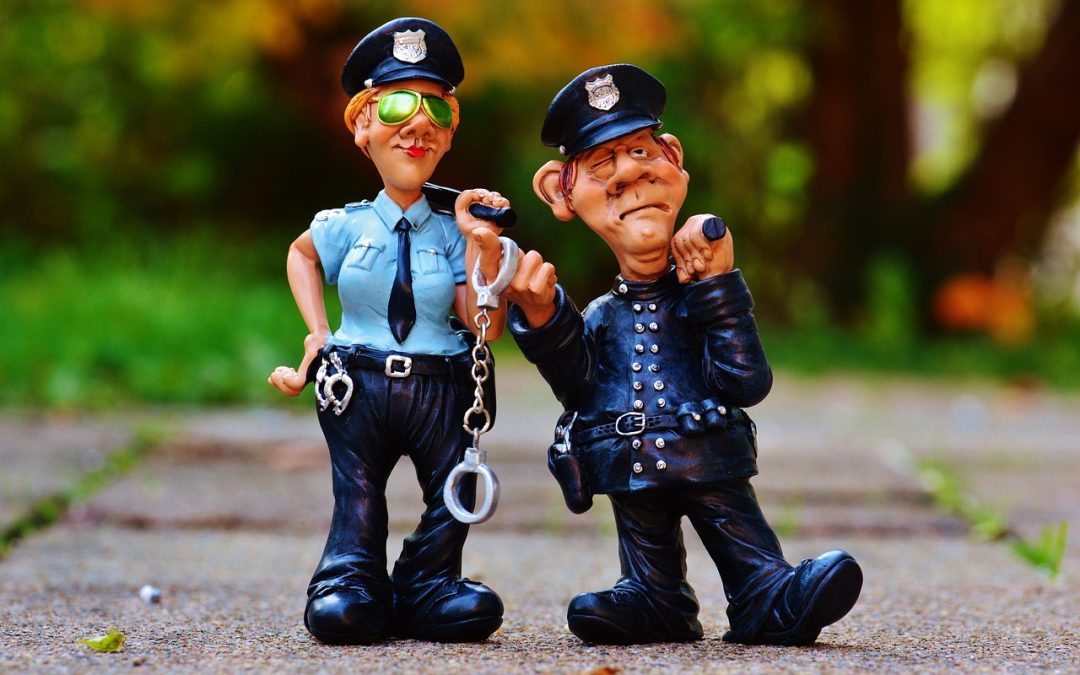As a passenger during a police stop, it’s essential to know your rights to ensure a safe and respectful interaction with law enforcement. While police officers have the duty to protect and investigate, you have the right to assert your freedoms and maintain a safe distance.
Understanding the Stop
When a police officer pulls over a vehicle, the driver is required to comply with the stop. As a passenger, you remain calm and comply with the officer’s instructions as well. It’s crucial to remember that a traffic stop can escalate into a more extensive investigation, and your actions can influence the direction of the interaction.
The Fourth Amendment protects individuals from unreasonable searches and seizures, which includes traffic stops. To justify a stop, an officer must have reasonable suspicion that a traffic violation or crime has occurred. If the officer requests your identification, you should provide it, as most states have stop-and-identify laws.
Asserting Your Rights
During the stop, you have the right to remain silent, just like the driver. If asked questions, you can politely decline to answer, stating that you wish to exercise your right to remain silent. You also have the right to refuse searches, but be aware that this may lead to further investigation and potential legal consequences. If an officer requests to search your personal belongings or the vehicle, you can verbally decline, saying:
- “I don’t give permission to search my belongings/vehicle.”
- “I’d like to speak with an attorney before answering any questions.”
Remember to always maintain a respectful tone and avoid arguing with them, as this can escalate the situation.
Safety and De-escalation
While asserting your rights, it’s essential to prioritize safety and de-escalation techniques. Keep your hands visible, avoid sudden movements, and follow the officer’s instructions. If you have any medical conditions or concerns, inform the officer to ensure your safety during the interaction.
“The right to be left alone – the most comprehensive of rights and the right most valued by civilized men.”
– Justice Louis Brandeis
In conclusion, knowing your rights as a passenger during a police stop can empower you to navigate the interaction safely and confidently. Remember to prioritize de-escalation, and avoid confrontations. Stay informed about local laws and regulations, and always assert your rights calmly and respectfully. By doing so, you can help create a safer and more respectful environment for everyone involved.
The information at Observed.Org may not pertain to every jurisdiction. It is YOUR responsibility to know your rights and observe them. Nothing here should be considered legal advice.

